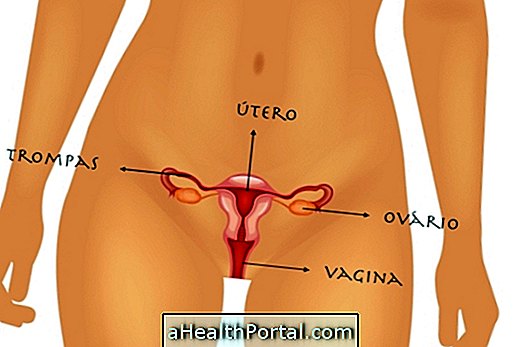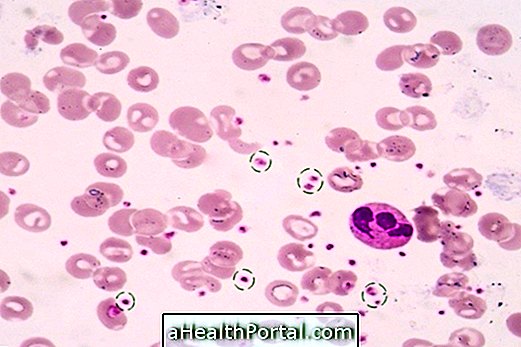Postpartum dysphoria, also called postpartum depression, is a situation characterized by the feeling of sadness, irritation or feeling of shame after intimate contact. Dysphoria is more common among women, but it can also happen in men.
This feeling of sadness, anguish or irritation after sex can interfere with the quality of life of the person and therefore, when it is frequent, it is important to seek the help of a psychologist to identify the possible reason for the dysphoria after sex and to start treatment.

Symptoms of dysphoria
Usually after intercourse the person has the feeling of relaxation and well-being but in the case of some people what happens is the opposite even if the person has felt pleasure during the relationship.
Postpartum dysphoria is characterized by the feeling of sadness, shame, irritation, feeling of emptiness, anxious anxiety or crying for no apparent reason after orgasm. In addition, some people may become aggressive physically or verbally after intercourse, rather than sharing the pleasurable moment and sense of well-being with the partner.
It is important to observe the frequency of the symptoms of dysphoria after sex, because if it is frequent, it is recommended to try to understand the cause with the help of a psychologist so that the feeling of sadness is eliminated and sex becomes pleasurable at all times.
Main causes
Many people associate post-sex dysphoria with the fact that intimate contact was good or bad, the relationship you are in, or the lack of knowledge about the person you are relating to. However, dysphoria, for the most part, has no relation to these situations, but rather to hormonal, neuronal, and psychological issues.
During intercourse a large amount of hormones are released, ensuring the sensation of pleasure. However, after orgasm the concentration of these hormones can decrease rapidly, which leads to feelings of sadness or irritation, for example. In addition, postpartum dysphoria may be related to the dysfunction of a structure present in the brain, the neural amygdala, which is responsible for controlling feelings and emotions, and which during and after intimate contact has its activity reduced.
Dysphoria can also be the result of a very oppressive sex education, for example, which can result in distress and questioning for the person after the relationship.
How to avoid postpartum dysphoria
To prevent post-sex dysphoria, it is important for the person to have certainty about himself and his body, thus avoiding the feeling of embarrassment and questioning about his body or sexual performance, for example. It is important to know yourself so that it is possible to build self-confidence.
In addition, it is important for the person to have goals, both professionally and personally, and work to achieve them, because the sense of fulfillment and happiness stimulates well-being in all senses, which can reduce the frequency of dysphoria after sex, for example.
During sexual intercourse, it is important that all problems and concerns are forgotten and focus only on the moment, preventing the feeling of sadness and anguish after sex.
If dysphoria is frequent, it is advisable to seek a psychologist to identify the possible cause of dysphoria and thus initiate treatment, as this situation when frequent can interfere with the person's quality of life.

























